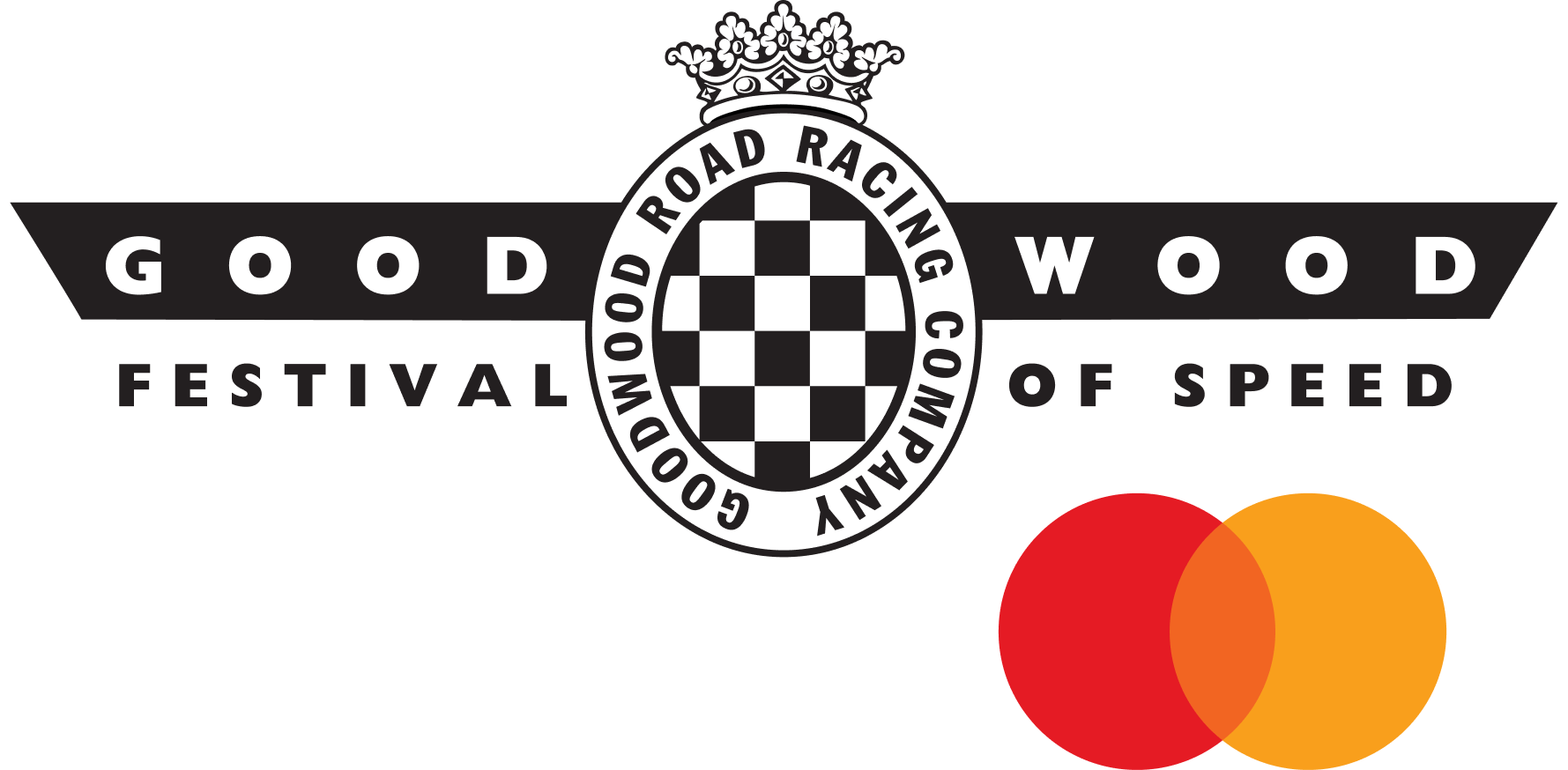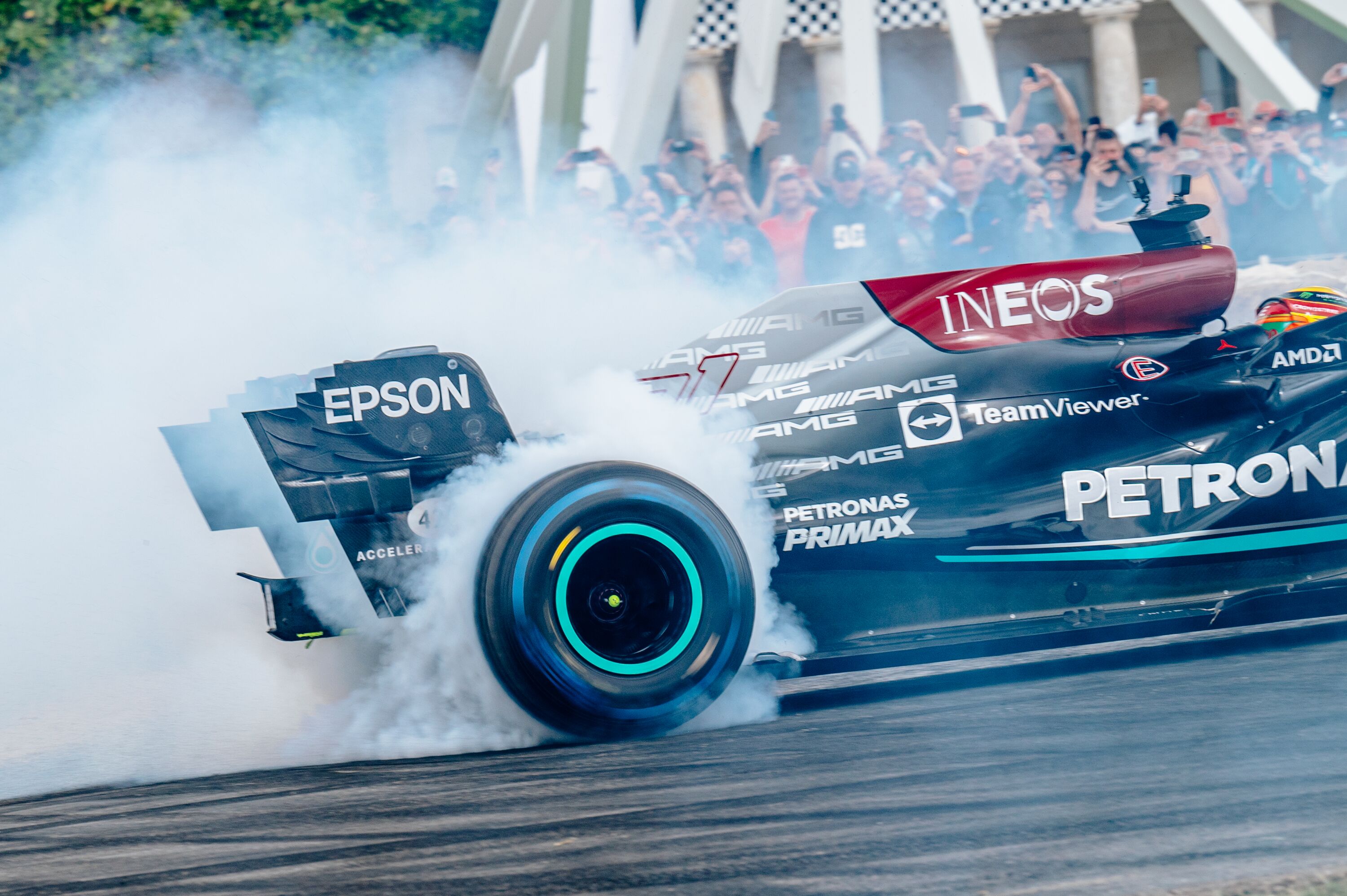Review: 2019 Toyota Supra
 Andrew Frankel
Andrew Frankel
Some names just resonate. They speak to us and when they leave our lives we miss them. But we remember them too, and when they return we are filled with anticipation. Which is why I looked forward so much to driving the new Toyota Supra. It’s been a long time coming – 17 years to be precise.

In fact this one’s full name is Toyota GR Supra, the acronym standing for Gazoo Racing, Toyota’s in-house tuning company, and this is the first all new car in whose development it has played a significant role. And that’s important if Toyota was really to put its own mark on the car and for it not to be considered a rebodied BMW Z4.
Truth is, such sports cars sell in tiny numbers these days and Toyota is open about the fact the business case was not there to create such a car by itself. It needed a partner with a straight six engine like those in all Supras to date. And back in 2012 that meant BMW.
Which is why beneath their very similar skins, the Z4 and Supra are essentially the same: the same 335bhp 3.0-litre, single-turbo, six-cylinder BMW motor driving through the same eight-speed ZF automatic gearbox to the rear wheels. The suspension hardware is the same, as is the platform upon which both cars are built. And both go down exactly the same line at Magna Steyr’s factory in Austria.
The difference, says Toyota, is the way Gazoo Racing has tuned the car. Once the basic engineering had been agreed, the Supra was developed without further reference to the Z4, to the extent that in the seven years since the joint venture came into being, the Supra’s chief engineer has driven a Z4 just once, after it had been finished, and only briefly.
Toyota’s contention is that while the Z4 is a traditional grand touring convertible, its Supra is a pure sports car, a much closer rival in concept to a Porsche 718 Cayman than anything sporting a BMW badge.
What’s certain is that this is a fine looking and well-engineered car. Some might take issue with finding BMW switchgear inside and the iDrive operating system, too, but to me the far more important consideration is that it all works really well. What’s more the cabin is spacious and the driving position excellent. The boot is big too, though there’s not nearly enough storage space in the cabin.
And it’s such an accessible car to drive. The BMW motor is a paragon of smoothness and while not a raging ‘M’ unit, still delivers good power over a wide range with a wonderful voice. The gearbox is smooth but the real surprise is the ride quality which is simply superb. The car is quiet at a cruise and, all in all, a fantastically easy thing with which to live.
Just don’t expect to get all that with Cayman handling too. The Supra is a thoroughly enjoyable car to aim along a decent road and it has no problem enthusing and engaging its driver. Grip levels are improbably high, the steering accurate and if you do find yourself on a track it’s well behaved on the limit. But this is not a landmark driving experience like that provided by not only the Cayman but, now, the similarly priced Alpine A110. The Supra is too soft and its engine in the wrong place to be able to offer that level of agility. You’ll be smiling at journey’s end, but not stifling giggles as you replay the drive from corner to corner.

It’s all a question of choice: no, the Supra is not as convincing a driver’s car as a Cayman let alone the Alpine, but it has the six-cylinder motor they lack and will be even easier to live with. And don’t forget this is just the opening pages of the new chapter in the story of the Supra: others are on their way including, I believe, a more sporting version in time. What we have here is a good starting point, hopefully with the best yet to come.
Stat attack
Price: £54,000
Engine: 2.0-litre four-cylinder turbocharged petrol
Transmission: eight-speed automatic, rear-wheel-drive
Power/Torque: 335bhp @ 5,000-6,500rpm and 500Nm (368lb ft) @ 1,600-4,500rpm
0-62mph: 4.3 seconds
Top speed: 155mph
Kerb weight: 1,495kg
Economy: 34.5mpg
Review
Toyota
Supra







































































